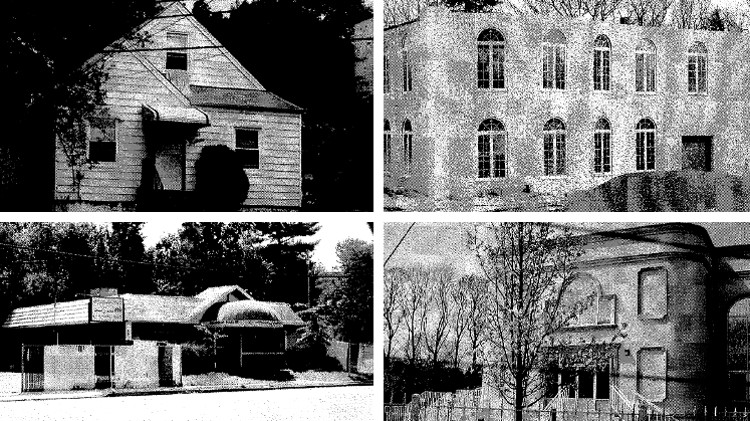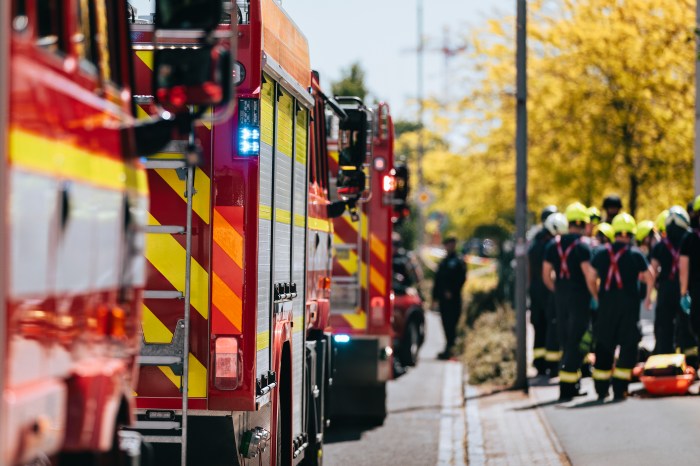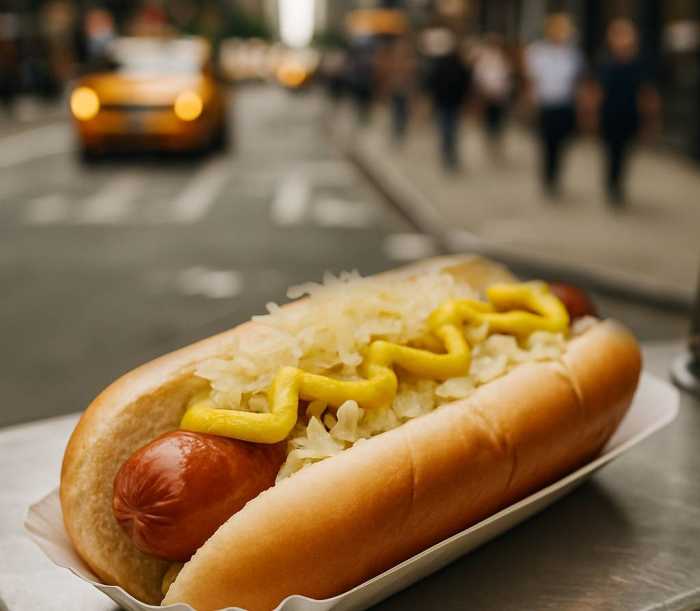When New York City Mayor Bill De Blasio, a self-declared progressive Democrat, was running for City Hall last year, he soared to prominence with powerful rhetoric about reforming the NYPD, even hinting at changes to the police department’s controversial tactic of blanketed spying on Muslims.
In April, four months after his inauguration, when the NYPD announced it would disband the so-called Demographics Unit, which conducted covert surveillance missions at dozens of mosques, Halal meat shops, and other locations frequented by Muslims throughout the five boroughs, New Jersey and even Long Island, he promised “a police force that keeps our city safe, but is also respectful and fair.”
The mayor and his chosen police commissioner, William Bratton, were cheered by civil rights groups and Muslim leaders for disbanding the unit, but many were not totally convinced that Muslim Americans were no longer the focus of operations.
Now, it appears the De Blasio administration is supporting the ruling in favor of the NYPD much the same way his predecessor Michael Bloomberg did when multiple lawsuits were filed against the city for its spying tactics.
In a legal brief filed in the US Court of Appeals for the Third Circuit Monday, lawyers for the city requested that the court affirm the US District Court for New Jersey’s decision in February, which said that the half-dozen New Jersey residents suing the department could not prove they were injured in any way by the NYPD’s clandestine surveillance.
In fact, the city, in its brief, bolstered the lower court’s point that if any harm was done, it was not caused by the NYPD, but rather by the Associated Press for its revelations. The AP eventually won a Pulitzer Prize for its reporting.
“All of the harms alleged by plaintiffs occurred, if they occurred, only after the Associated Press made public certain confidential NYPD documents and did so in unredacted form,” the city wrote in its 79-page brief.
This is the first time the De Blasio administration has legally weighed in on the issue.
The plaintiffs have alleged that the NYPD focused its surveillance on New Jersey mosques, restaurants, stores, schools and Muslim Student Associations. Their lawyers argued that they were targeted because of their religion after the Sept. 11, 2001 terror attacks, not because they were suspected of any crimes or misdeeds.
The lower court wasn’t buying it.
“The police could not have monitored New Jersey for Muslim terrorist activities without monitoring the Muslim community itself,” the court wrote in its opinion.
Citing the US Supreme Court’s ruling in another case, the city’s lawyers wrote: “the [District] Court held that the plaintiffs in this case have not alleged facts from which it can be plausibly inferred that they were targeted solely because of their religion. The more likely explanation for the surveillance, the Court found, is that the surveillance was for a legitimate law enforcement purpose, i.e., counter-terrorism, and the most obvious reason for that explanation is because the alleged ‘Program’ began just after the attacks of September 11, 2001.”
A spokesman for the city Law Department told The New York Times that the filing “does not address broader policy issues concerning surveillance of Muslim communities, but rather technical legal issues.”
Glenn Katon, legal director for Muslim Advocates, which along with the Center for Constitutional Rights and Gibbons P.C. sued the NYPD, blasted the city’s response.
“The brief that they filed on Monday has all of the same arguments that they made in the trial court,” under Bloomberg and then-NYPD Police Commissioner Raymond Kelly, Katon told the Press.
He said it’s clear by reviewing the Demographics Unit reports released by the AP that undercover officers were spying on his clients based on their religious beliefs.
“They’re going to Muslim establishments and only looking at Muslims,” he said.
Katon also called the decision to abandon the Demographics Unit a “public relations stunt,” adding that neither De Blasio nor Bratton have publicly stated their intentions to drop the program altogether.
It turned out a similar unit existed, but its operations went far beyond spying.
Less than a month after the NYPD said it had disbanded the unit, The New York Times revealed that a little-known group of detectives—dubbed the Citywide Debriefing Team—would scour city jails for people charged with low-level crimes and would try to recruit them into their roster of mosque informants. One man, as the Times noted, was a food cart vendor who got into a dispute with a parking enforcement officer.
“Of course if you have leads, something that makes you believe that people regardless [of their religion], that they’re involved in something resembling September 11 or any criminal activity, then go do all the surveillance you want,” said Katon. “You can’t spy on everyone based on what a handful of fanatics did in 2001.”
An appeal in the New Jersey case was filed in July seeking an injunction. Plaintiffs’ lawyers want the NYPD’s evesdropping ruled unconstitutional and minimal monetary damages awarded to one client.
Two similar lawsuits against the NYPD are currently in settlement negotiations.
To date, there have been no lawsuits related to the police department’s activity in Nassau and Suffolk counties.
Separate demographics reports were created for both counties, amounting to 166 pages of mundane observations of Muslim restaurants, religious institutions, smoke shops and, in one case, weekend belly-dancing at a Huntington kebab joint.
The undercover operations never led to one arrest or a formal terrorism investigation.































